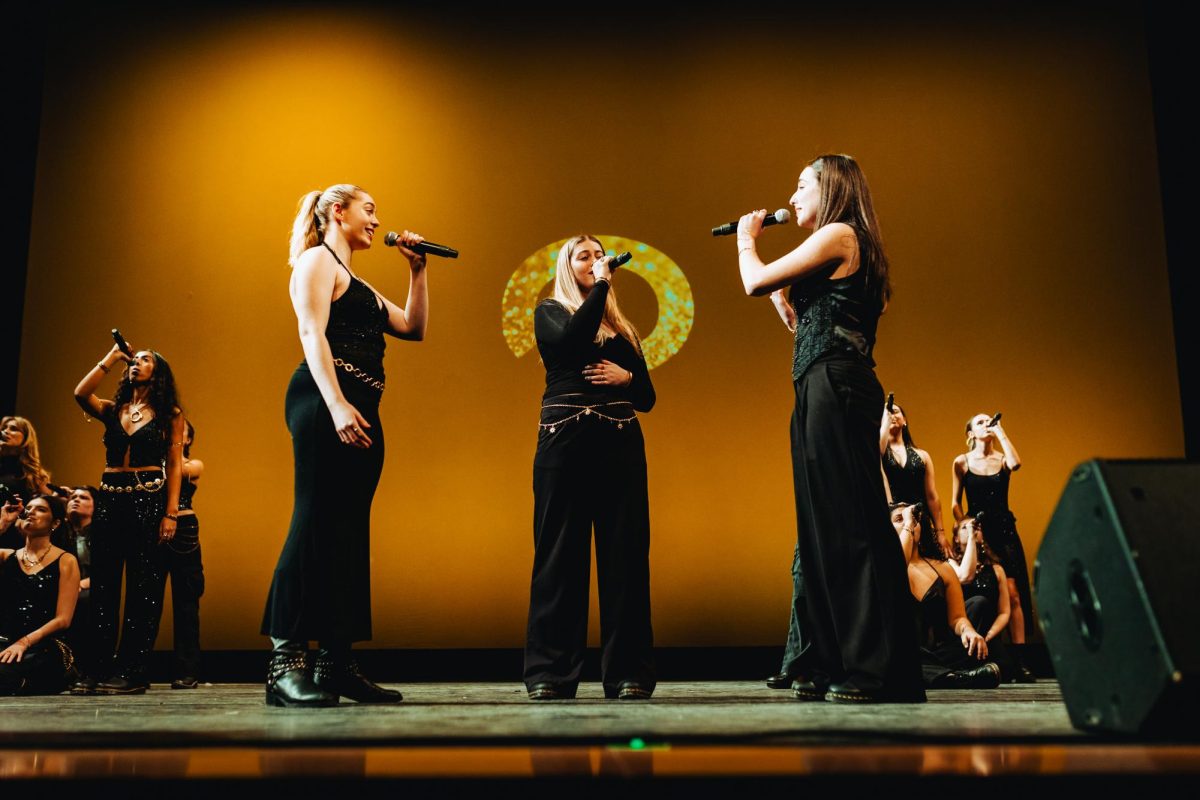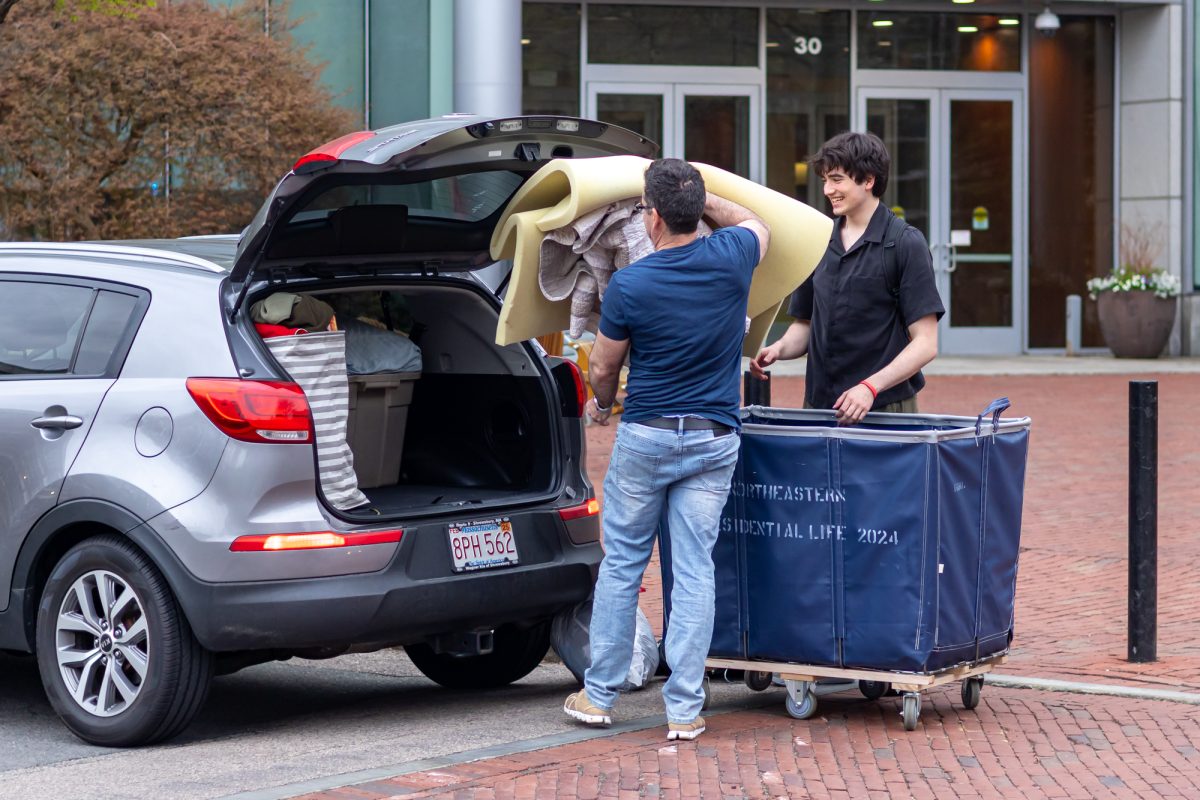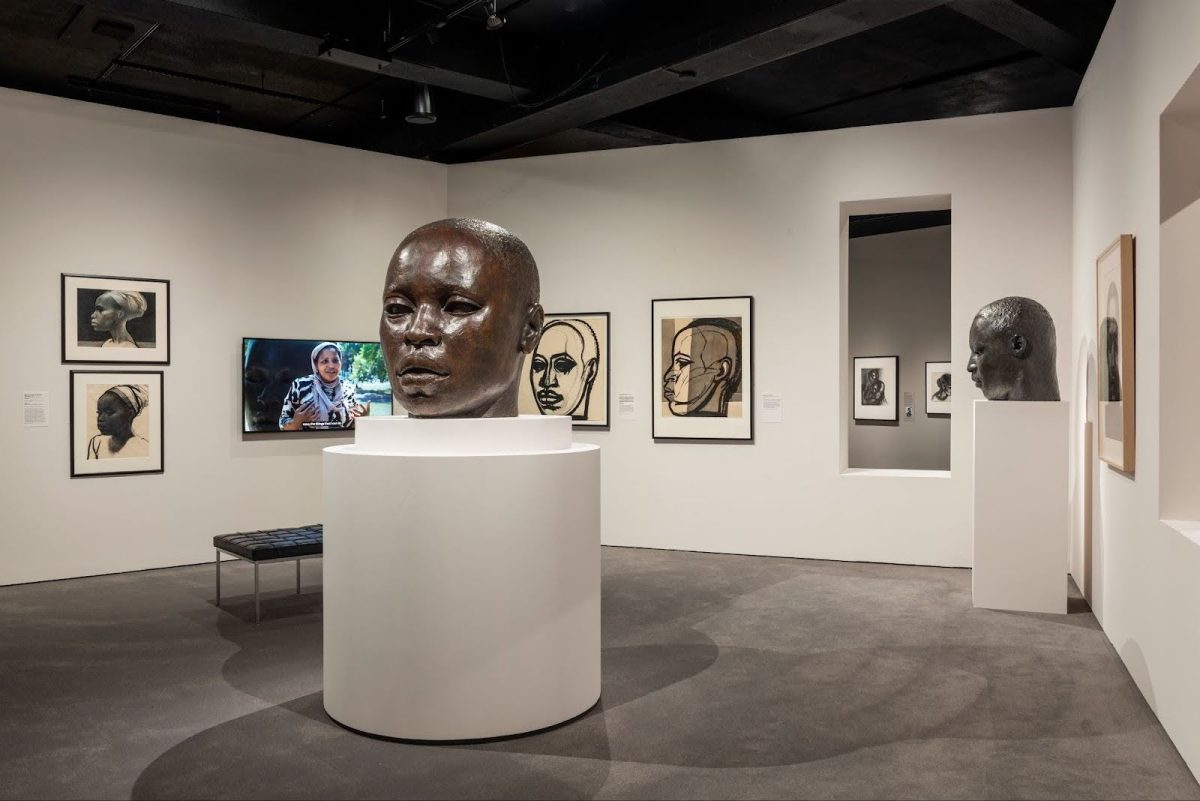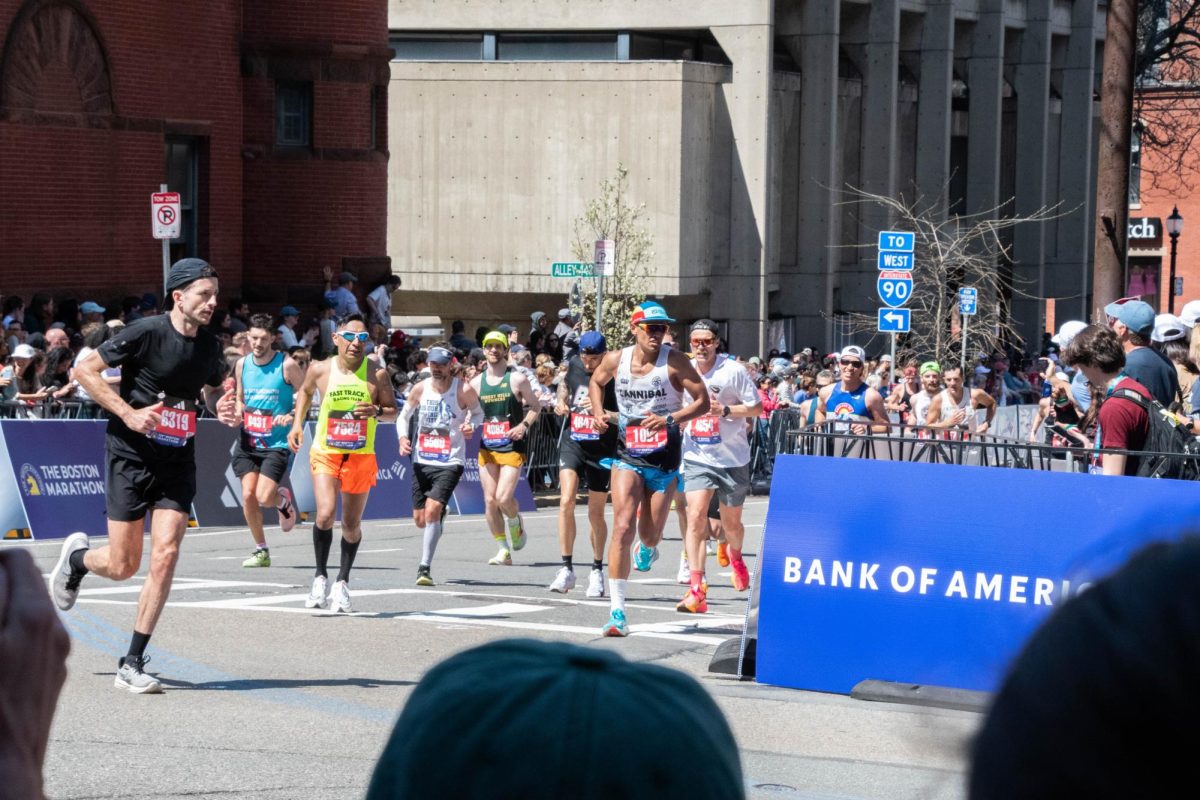[youtube]http://www.youtube.com/watch?v=KwWaz6sx8Mo[/youtube]
by Omar Duwaji
Approximately 200 people filled afterHOURS last night to see DAM, the first ever Palestinian hip-hop group, sing controversial songs in order to raise awareness of the plight of the Palestinian people.
DAM stands for “Da Arabian MC’s” and is Arabic for “to last forever” or “eternity.” The group – which raps in Arabic, Hebrew and English – gave the crowd a dose of songs in all three languages. Despite being of Palestinian decent, the group hails from Lyddia, Israel and its members were raised in a mixed Arab and Jewish community and have Israeli-citizenship.
The group was formed in 1999 by two brothers, Tamar and Suhell Nafar. They were later joined by their friend Mahmoud Jreri and began to produce songs that spoke of the hardships Palestinians face in their everyday lives in Israeli society. Eventually DAM sparked the Palestinian hip-hop movement and became famous throughout the Middle East and North Africa.
Soon, however, word of their music reached Europe and North America, and their current tour in the United States is their 10th visit. In 2001, they gained popularity through their song “Meen Irhabi?” or “Who’s the Terrorist?” which speaks of Israeli-oppression toward Palestinians. DAM was also featured in a 2008 documentary titled “Sling-Shot Hip Hop” about the growing hip-hop scene amongst Palestinian youth.
Many of group’s lyrics speak of the perceived second-class status Israeli-Arabs claim, and how this causes high levels of unemployment and gang-related violence among Arabs living in Israel. They also sang of Arab streets and neighborhoods, or haras, which have lost their will to work for change after years of violence.
In one line from an English song titled “Fell in Love with a Jew,” DAM raps, “They talk about coexistence, but the Palestinian people don’t even exist.”
DAM said they made sure to have an interactive show. While performing their songs they asked the crowd to repeat certain words or make noises to add to the intensity of the lyrics. This often included making siren-noises and using the Arabic word for cool, “Hass-hase” to give the lyrics additional background.
Fawaz Abughazaleh, a Palestinian-American and freshman engineering major, said he brought his Jewish friend Ben Sokol from Berklee College of Music. Abughazaleh said the lyrics were provocative and that this was necessary in order to spread the message to a wider audience.
“I loved it because I’ve been listening to them for a few years and was excited to come out tonight,” he said.
His friend Ben Sokol, who said he couldn’t understand many of DAM’s Arabic or Hebrew songs, tried to focus on the music and the beats rather than their lyrics.
“Sometimes, you don’t need to understand the words, but just the music,” he said.
The event was sponsored by a number of on-campus groups including the Middle East Center for Peace, Culture and Development, ArabSA, Students for Justice in Palestine-NU Law and Youth Action for Rural Africa according to event organizer, Amir Hamdoun.
“It’s relevant because people need to hear about this issue because it dictates American lives and foreign policy,” said Hamdoun.
After their performance, DAM signed memorabilia for fans who stuck around to get their photos taken and chat with the rappers about their music
Tamer Nafar, the lead member of the group, stated that he was inspired by reality, parents, films and even comedy shows. He said he was happy to get a good turnout for DAM’s second show in Boston.
“When it comes to the fan-base, it’s growing because people are accepting Arabic hip-hop,” he said.








